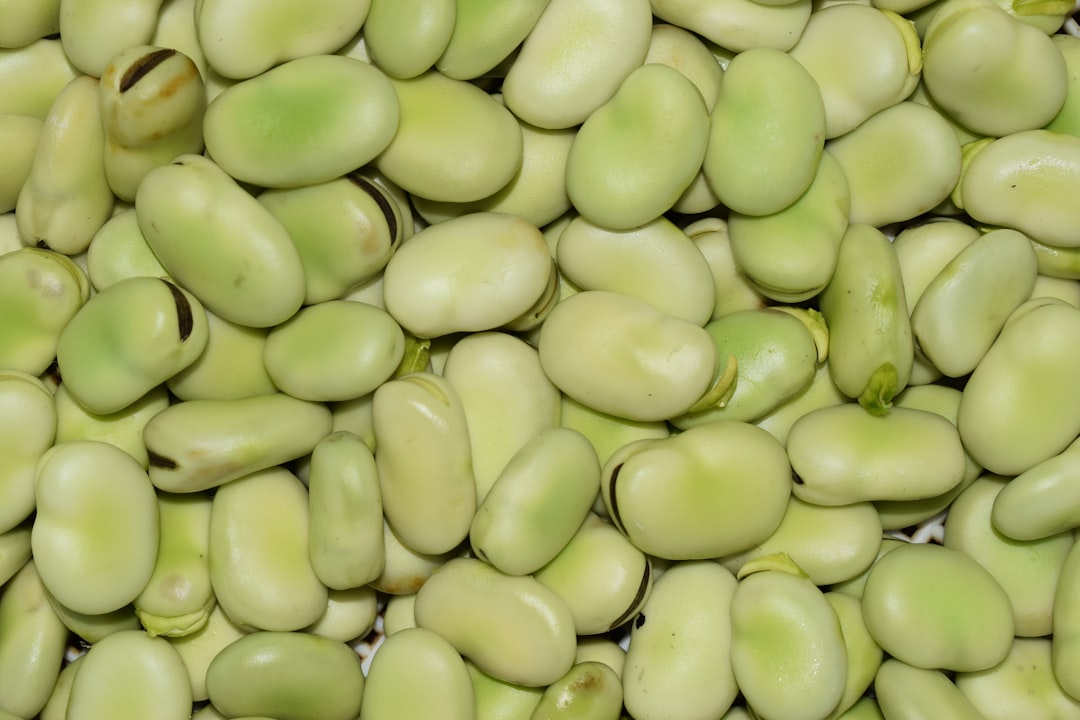What is it about?
The Western diet is typically high in salt and fructose which can raise blood pressure. Maternal diet can affect offspring blood pressure but the extent to which maternal intake of excess salt and fructose may influence cardiovascular function of the offspring is unknown. We sought to determine the effect of moderate maternal dietary intake of salt and/or fructose on resting and stimulated cardiovascular function of the adult male and female offspring
Featured Image
Why is it important?
Maternal salt intake rendered opposite-sex siblings with a 25 mm Hg difference in blood pressure as adults; males were hypertensive (15 mm Hg MAP), females were hypotensive (10 mm Hg MAP) above and below controls, respectively. These sex differences appeared to be due to greater anxiety-related cardiovascular effects in males, compared to females. High salt intake had lots of effects on offspring that persisted through the day and night.
Perspectives
Increased salt and fructose in the maternal diet has lasting effects on offspring cardiovascular function that is sex-dependent and related to the offspring’s stress-response axis
Professor David S Gardner
University of Nottingham
Read the Original
This page is a summary of: Excess maternal salt or fructose intake programmes sex-specific, stress- and fructose-sensitive hypertension in the offspring, British Journal Of Nutrition, December 2015, Cambridge University Press,
DOI: 10.1017/s0007114515004936.
You can read the full text:
Contributors
The following have contributed to this page










